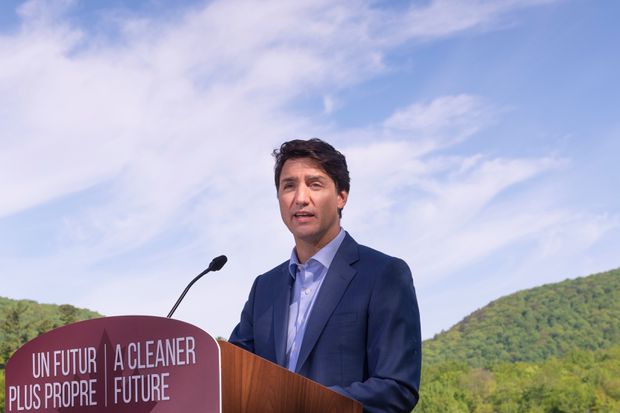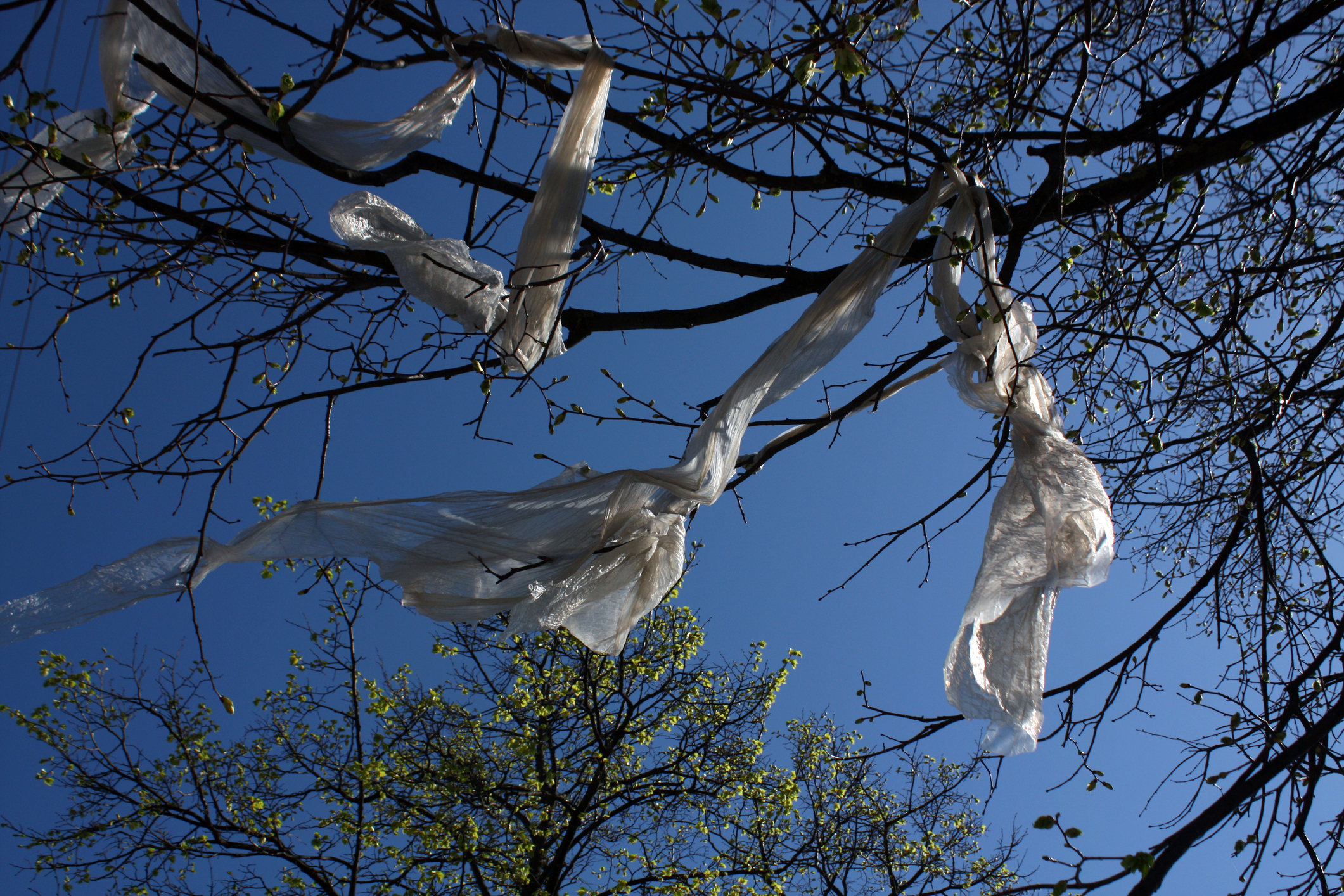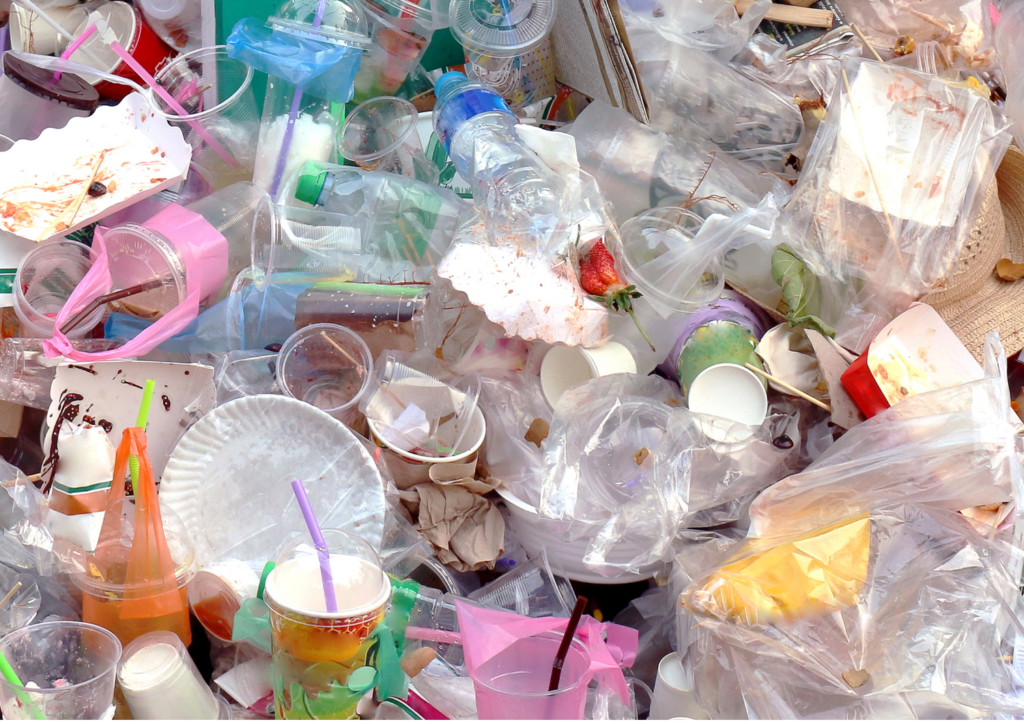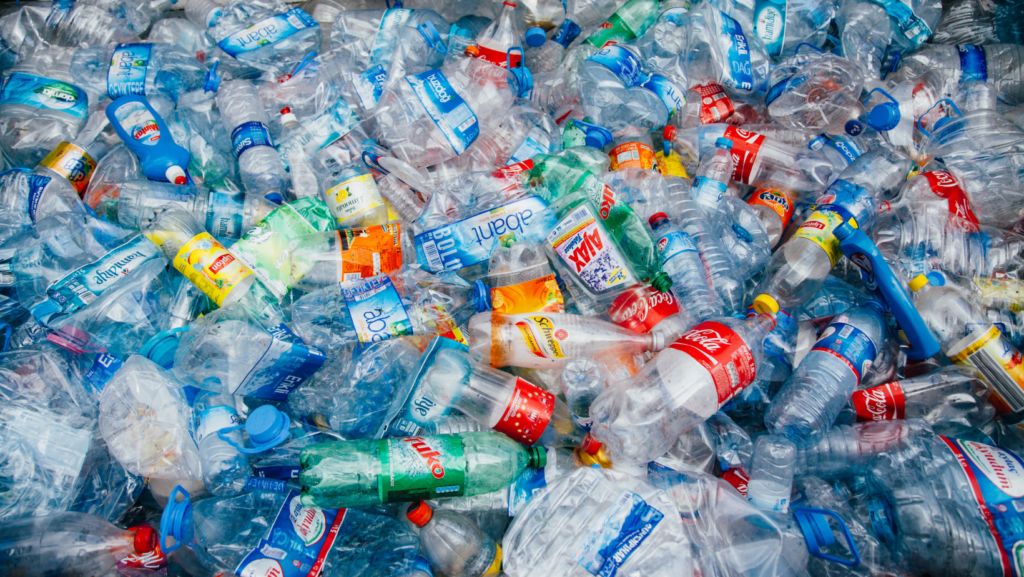This week, the Canadian government announced that it will take measures to address plastic pollution. During the announcement, a journalist asked the Prime Minister what he and his family are doing to reduce plastic waste.
Here’s what he said:
“We have recently switched to drinking water bottles out of water out of when we have water bottles out of plastic uh, sorry, away from plastic toward paper, um, like drink box water bottles kind of things.”
Ok, I think we can all agree that response was an epic fail. But I really don’t care.
The important thing is that the Prime Minister is recognizing that it’s not the responsibility of each one of us to fix Canada’s plastic pollution problem. They recognized that plastics can be harmful for the environment, and that the responsibility for cleaning up that mess should fall on the companies that make the plastics, the packaging and the products, not the consumers.

What I care about is the fact that the federal government committed to reduce plastic waste across Canada as early as 2021.
This question of what each of us is doing at home is a distraction from the real problem. We need to stop blaming individuals for the waste in our environment, and start putting that responsibility where it belongs.
Reducing plastics as early as 2021
These are the most significant commitments from the announcement, which includes also measures on fishing gears, international cooperation and research:
- Banning harmful single-use plastics as early as 2021 under the Canadian Environmental Protection Act and taking other steps to reduce plastic waste, such as targets for collection and recycling
- Extended Producer Responsibility – Ensuring that companies that manufacture plastic products or sell items with plastic packaging are responsible for managing the collection and recycling of their plastic waste
- Reducing plastic waste from federal operations.
Ban harmful single-use plastics
Bans are important because they recognize that too much of what we use is made to be used once and thrown away.
Obviously, bans on single-use plastics do not include any of the necessary ones that are important to make our lives better, or even save lives. This includes plastics in the healthcare sector, for example, or for people with disabilities.
The bans the feds have proposed are about getting rid of those unnecessary and wasteful pieces of garbage that are ruining beaches, filling up the oceans and harming wildlife.
Hold industry accountable
Industry accountability is the most important part of this commitment.
Corporations like to put the blame on consumers for our “mismanagement” of plastic waste. But the corporations are the ones filling our stores with plastics that are tough to recycle. And they should be responsible for finding ways to collect and reuse or recycle it.
Aiming for collection rates of over 90% for all plastic items will force producers to get creative. It will help reduce the amount of plastics sold, as well as transition to systems where packaging could be reused and returned. Imagine if someone invented a reusable shopping bag or even a reusable coffee cup! Amazing, right?
Reducing waste in government operations
Finally, it’s great that the government has committed to reduce single use plastics in its own operations. That will strengthen the market for reusable and sustainable alternatives, and set the way for reducing waste in the private sector as well. A first step could be to eliminate plastic bottles and disposable cups from any federal government operation, in the hope that provinces and municipalities follow suit.
So no, I don’t care if the Prime Minister used to drink water from plastic bottles – although I’m sure his tap water is excellent. Reducing plastic pollution all over Canada will have a far greater impact.








